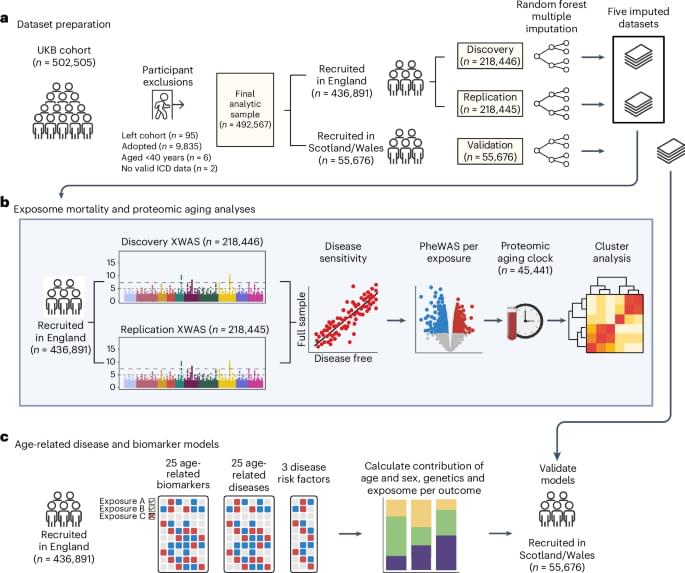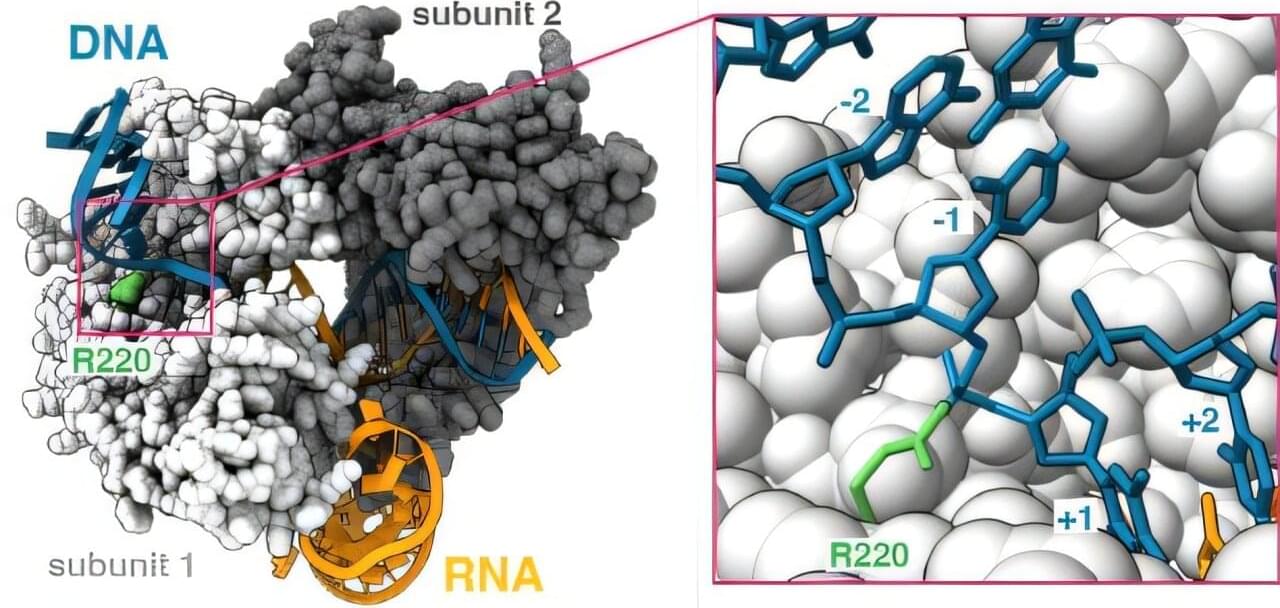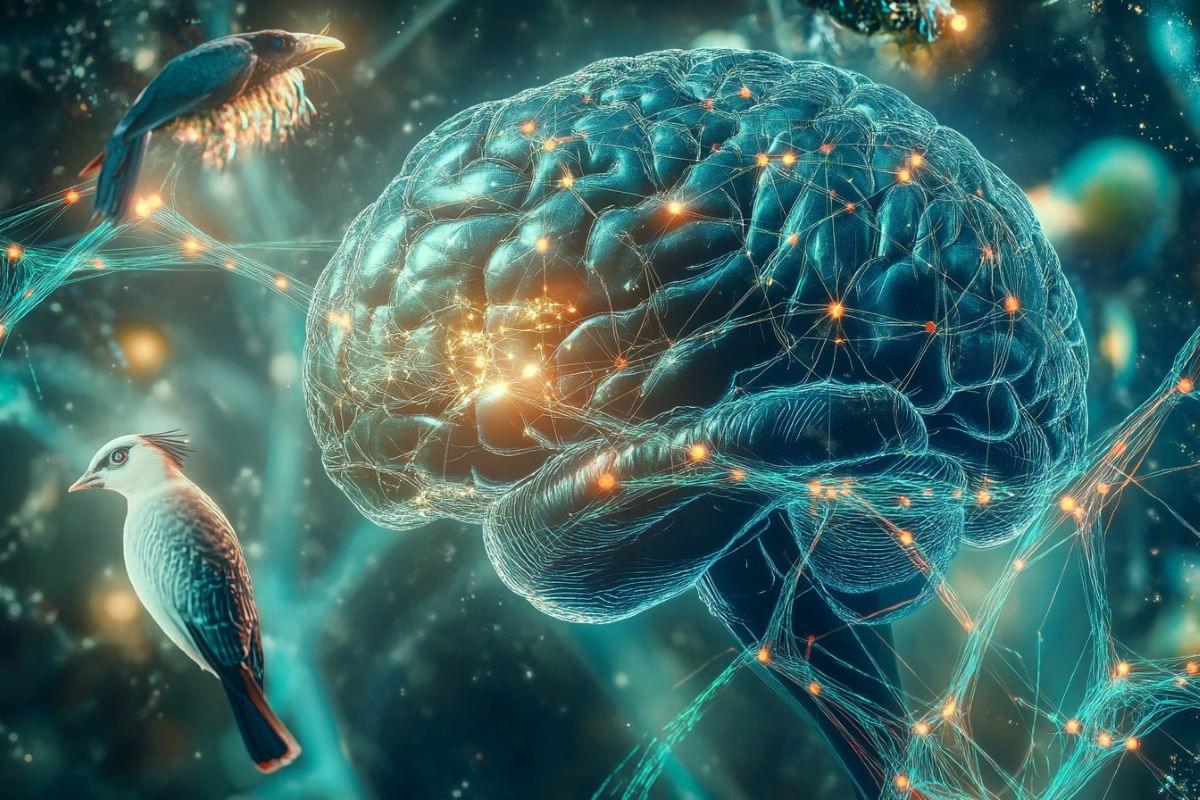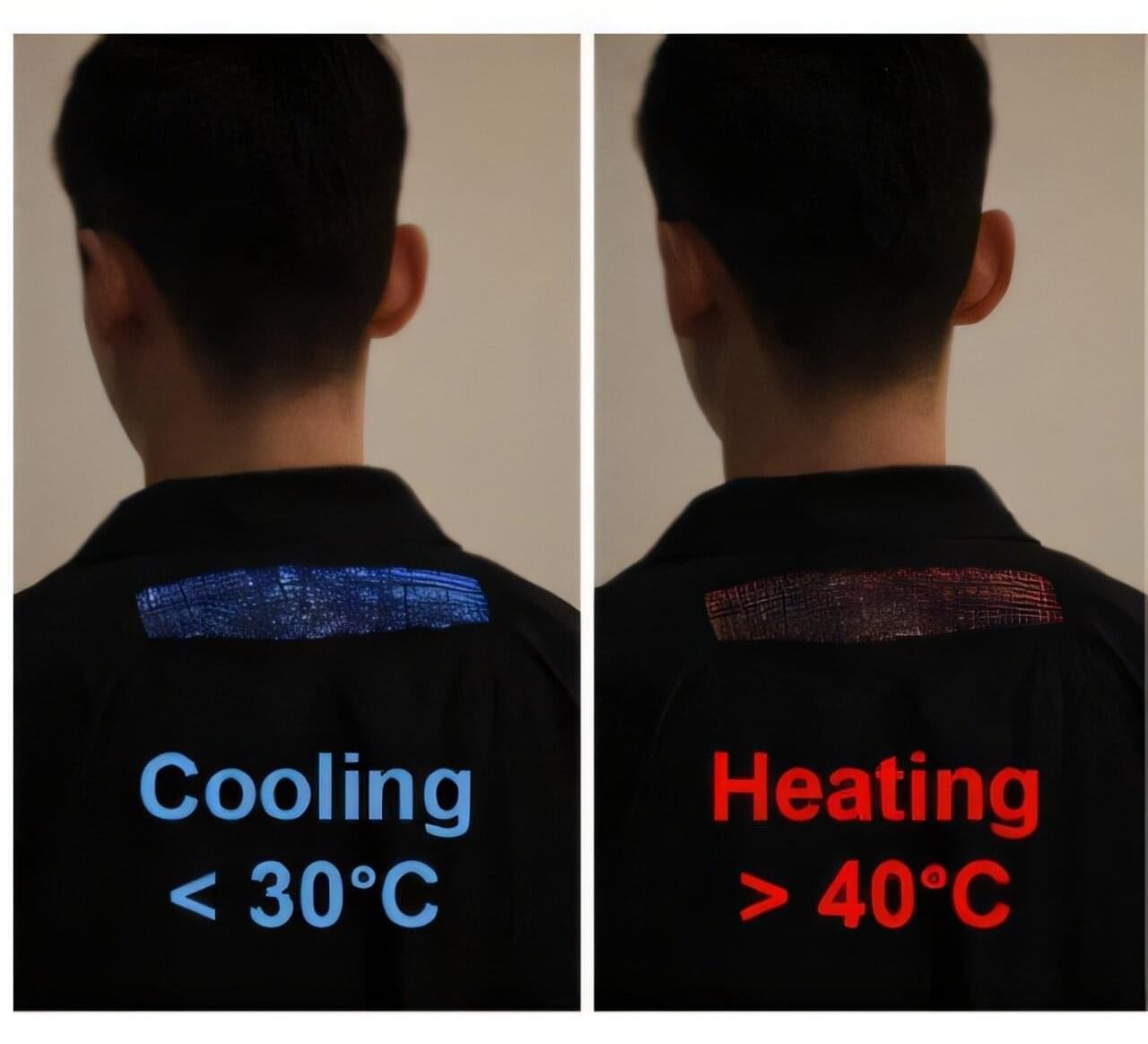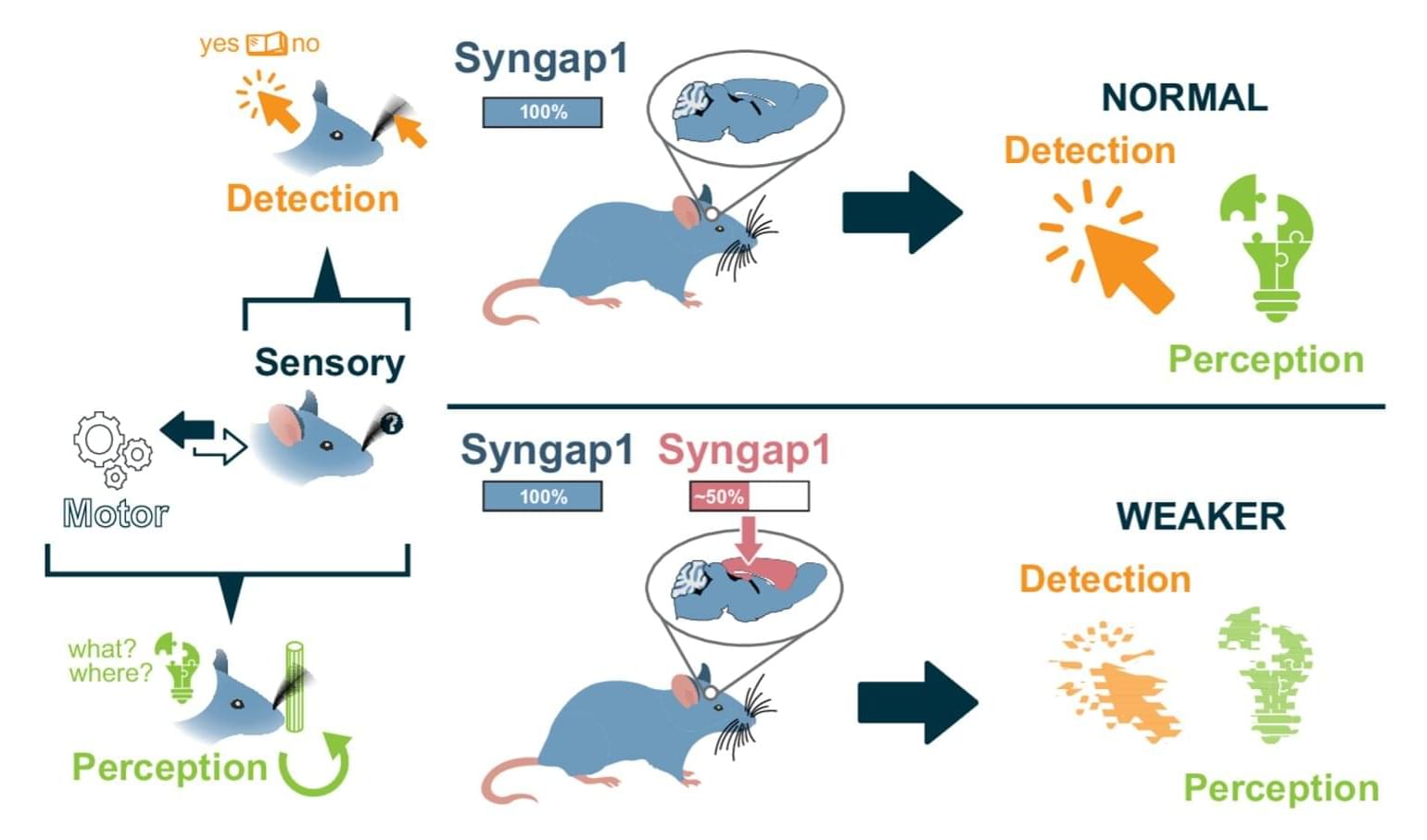Humans have been selectively breeding cats and dogs for thousands of years to make more desirable pets. A new startup called the Los Angeles Project aims to speed up that process with genetic engineering to make glow-in-the-dark rabbits, hypoallergenic cats and dogs, and possibly, one day, actual unicorns.
The Los Angeles Project is the brainchild of biohacker Josie Zayner, who in 2017 publicly injected herself with the gene-editing tool Crispr during a conference in San Francisco and livestreamed it. “I want to help humans genetically modify themselves,” she said at the time. She’s also given herself a fecal transplant and a DIY Covid vaccine and is the founder and CEO of The Odin, a company that sells home genetic-engineering kits.
Now, Zayner wants to create the next generation of pets. “I think, as a human species, it’s kind of our moral prerogative to level up animals,” she says.

